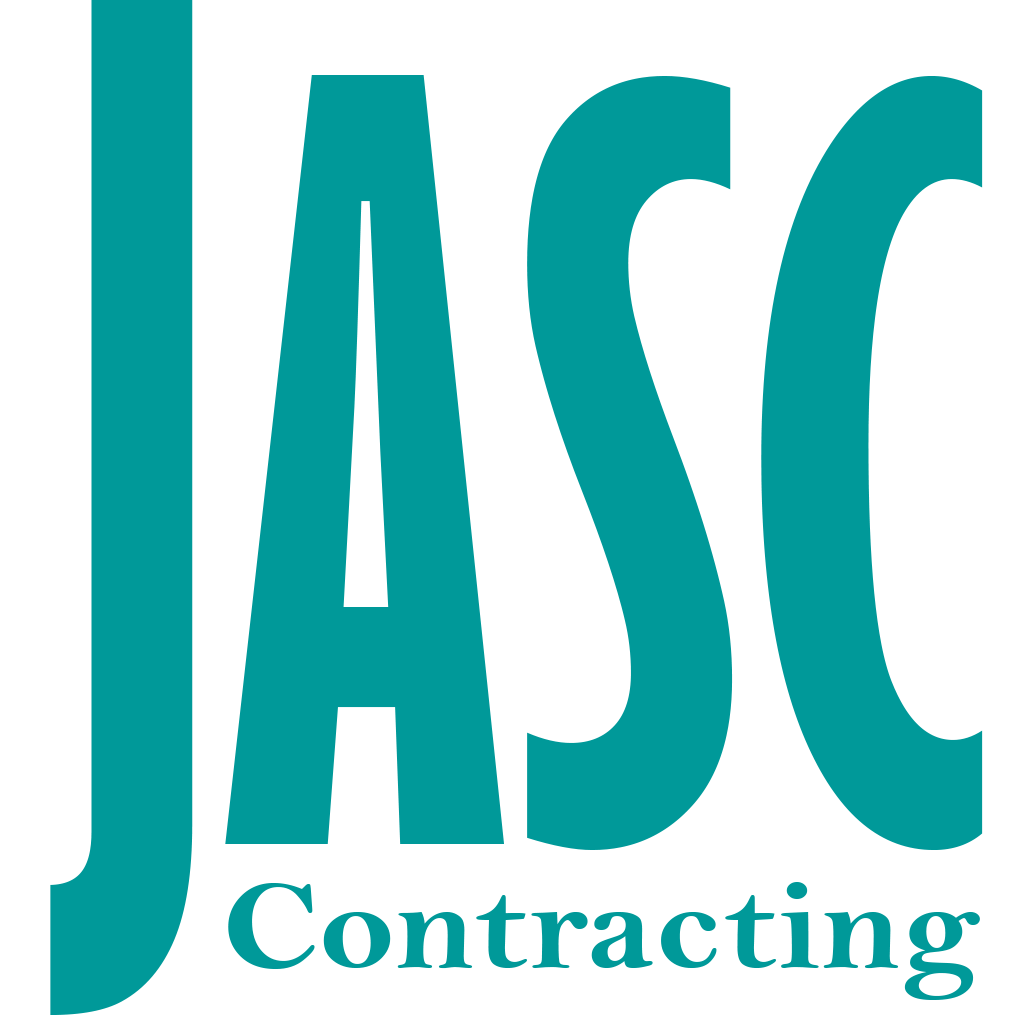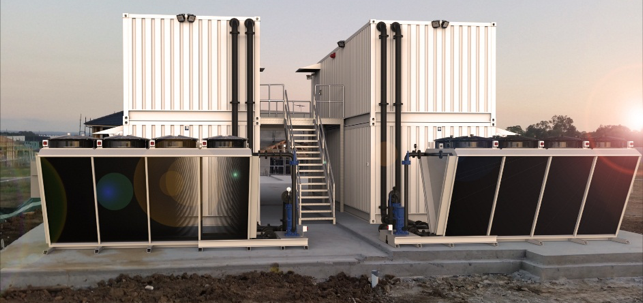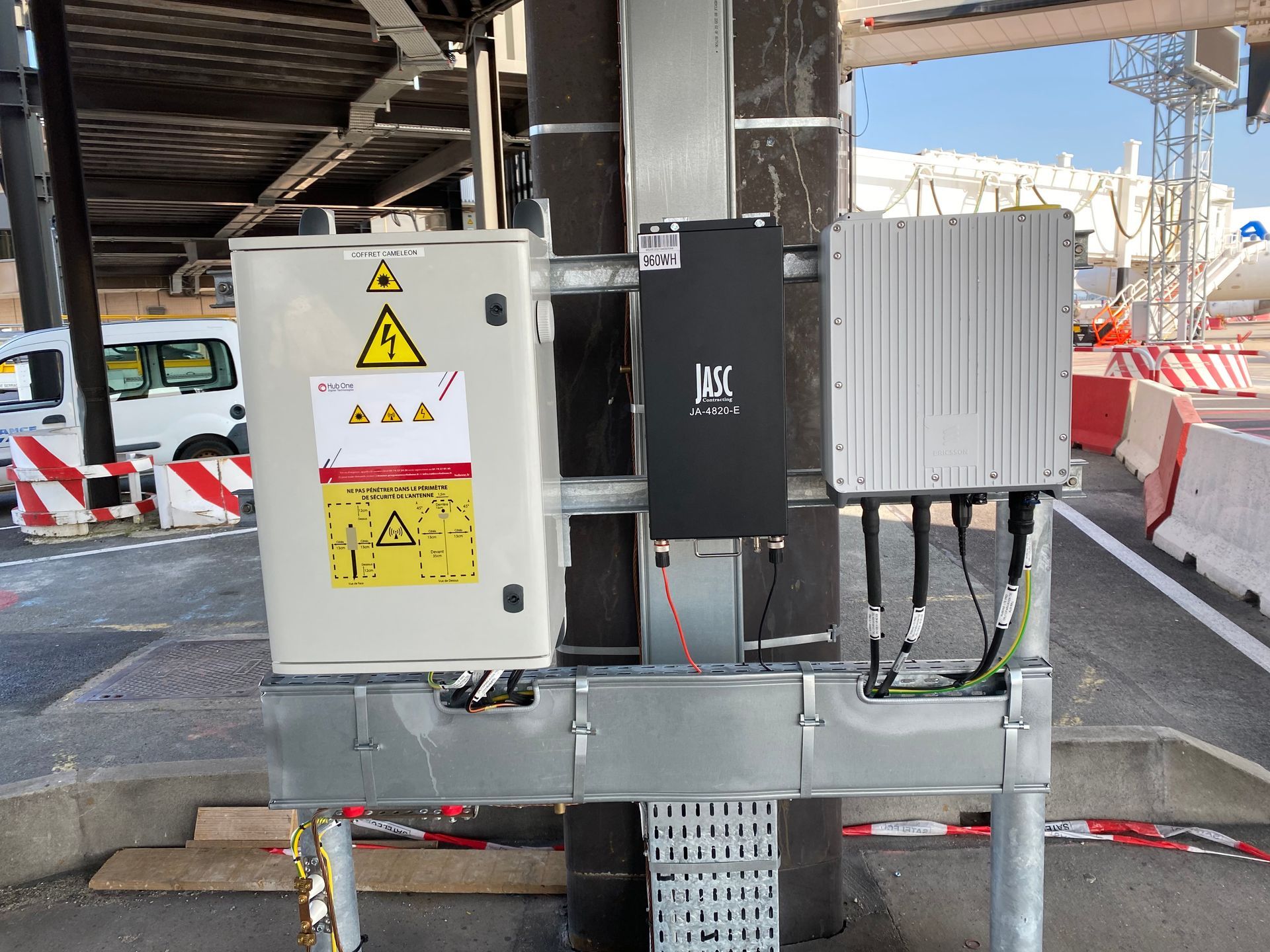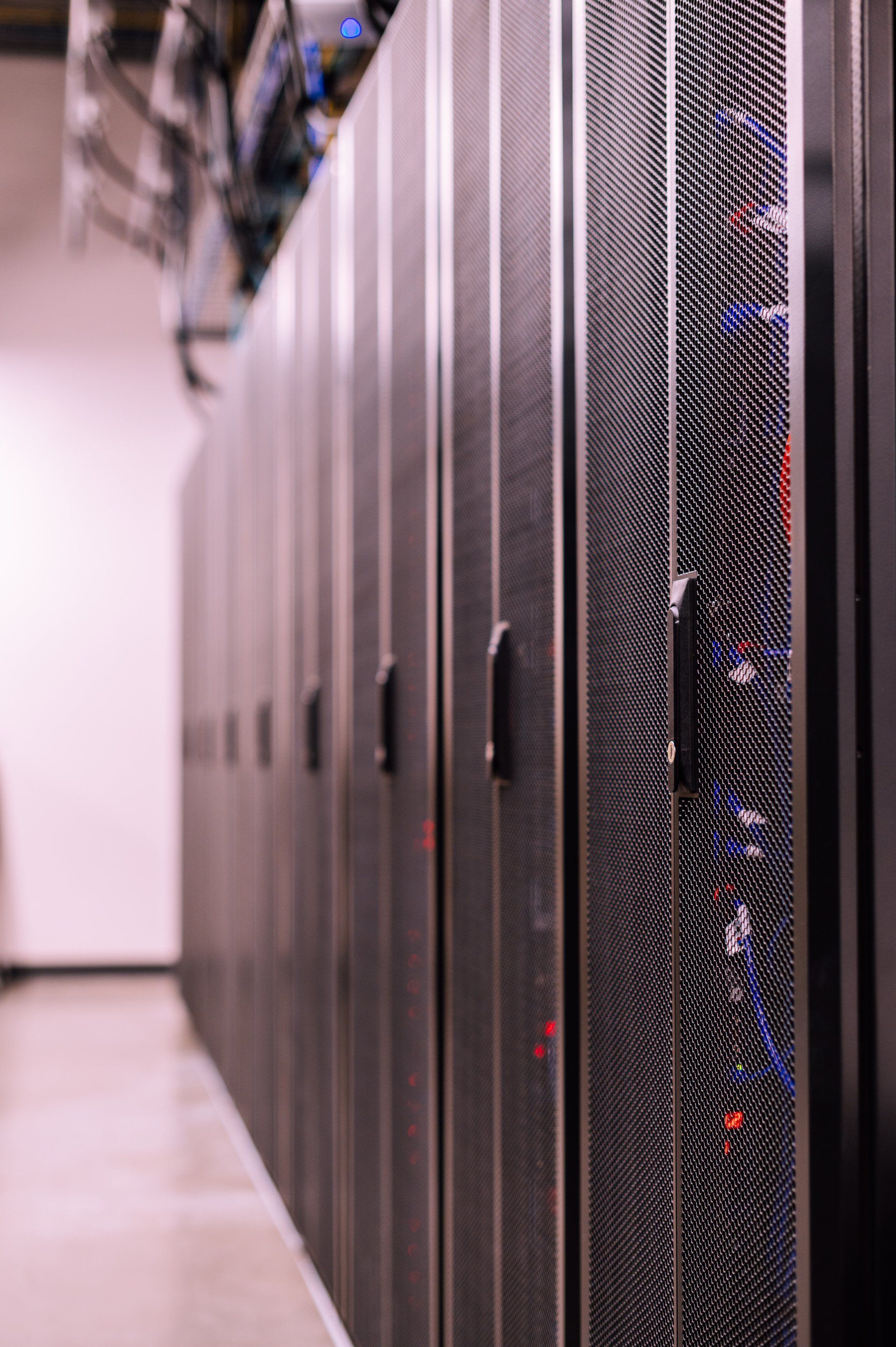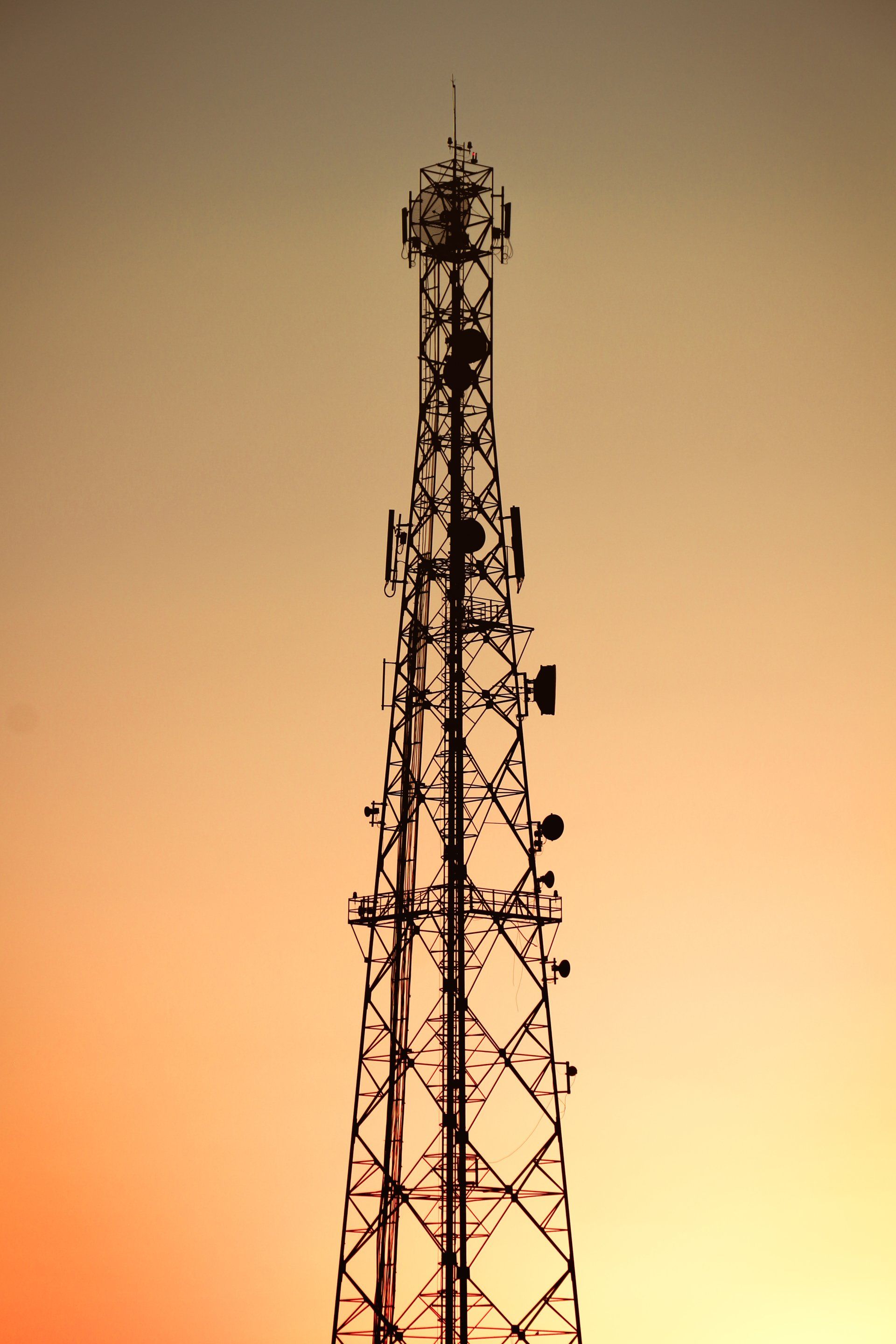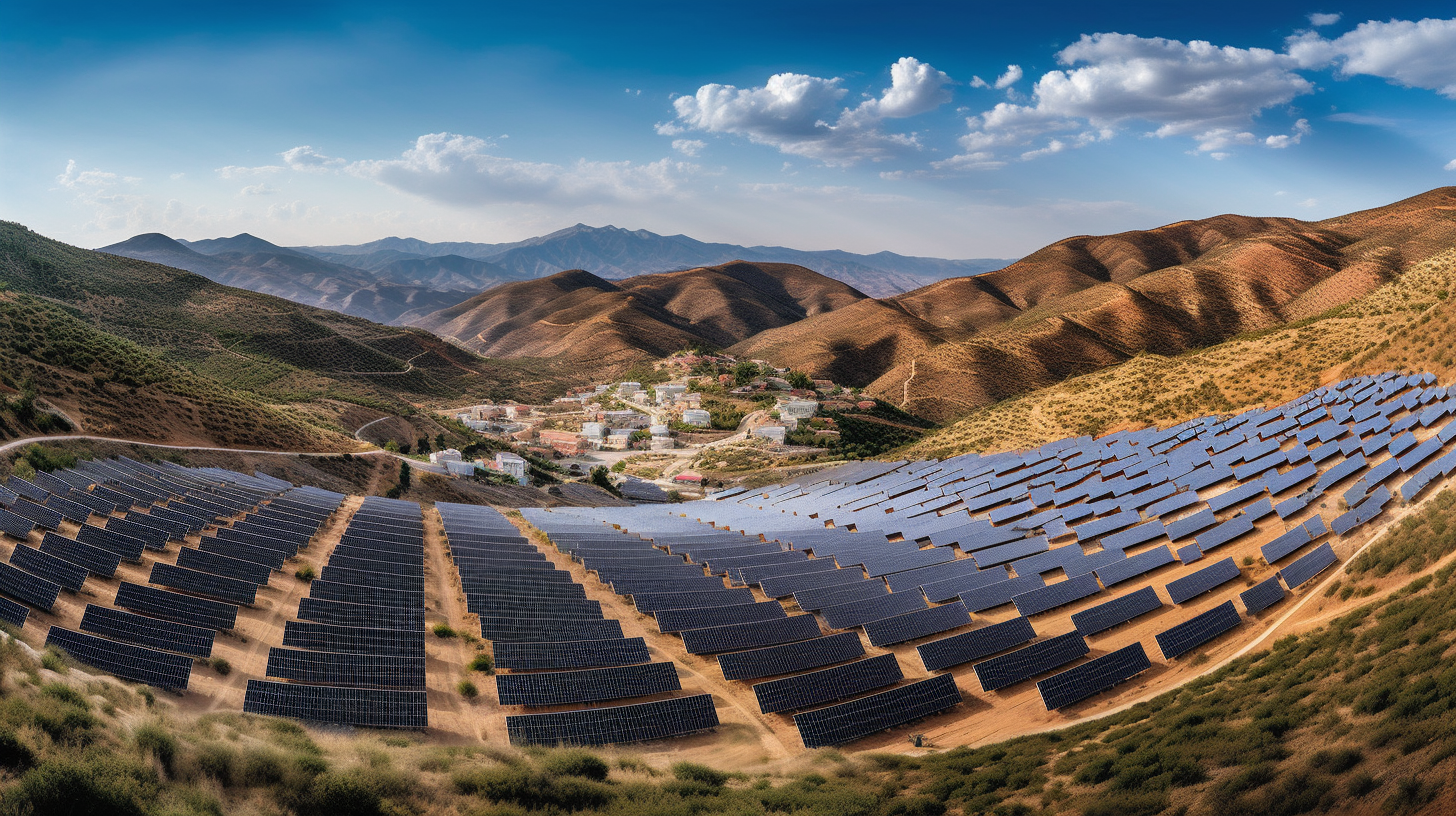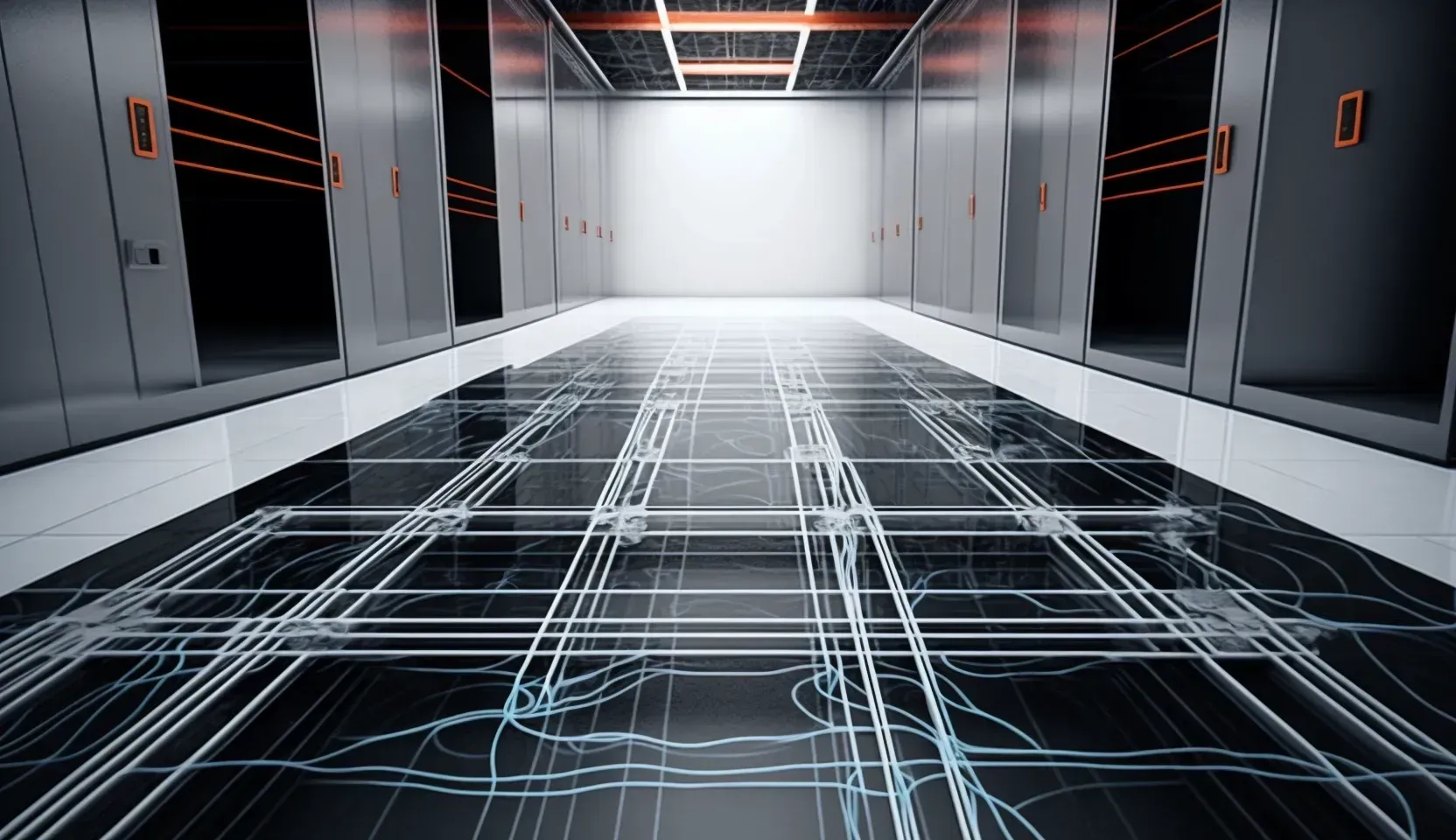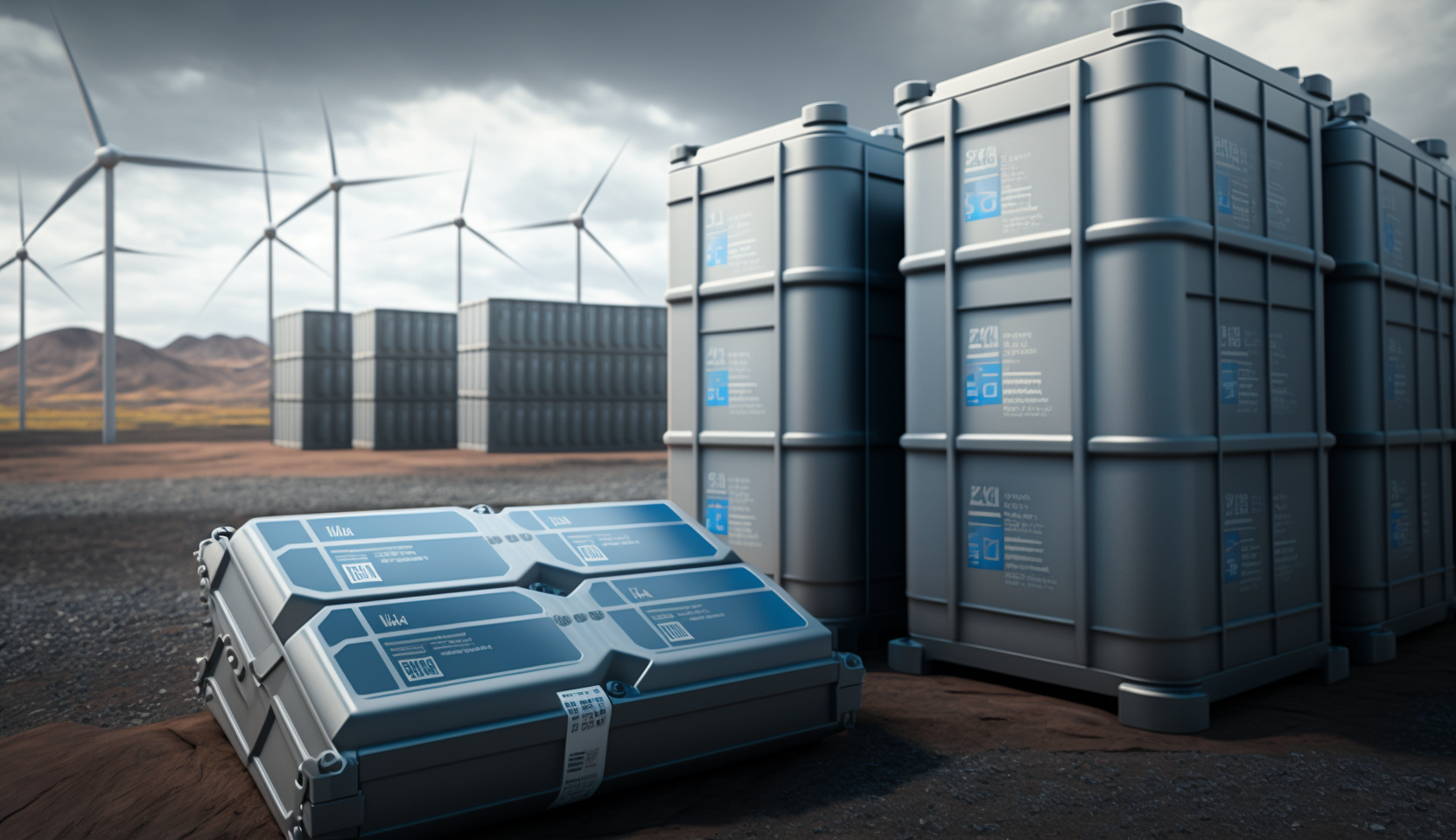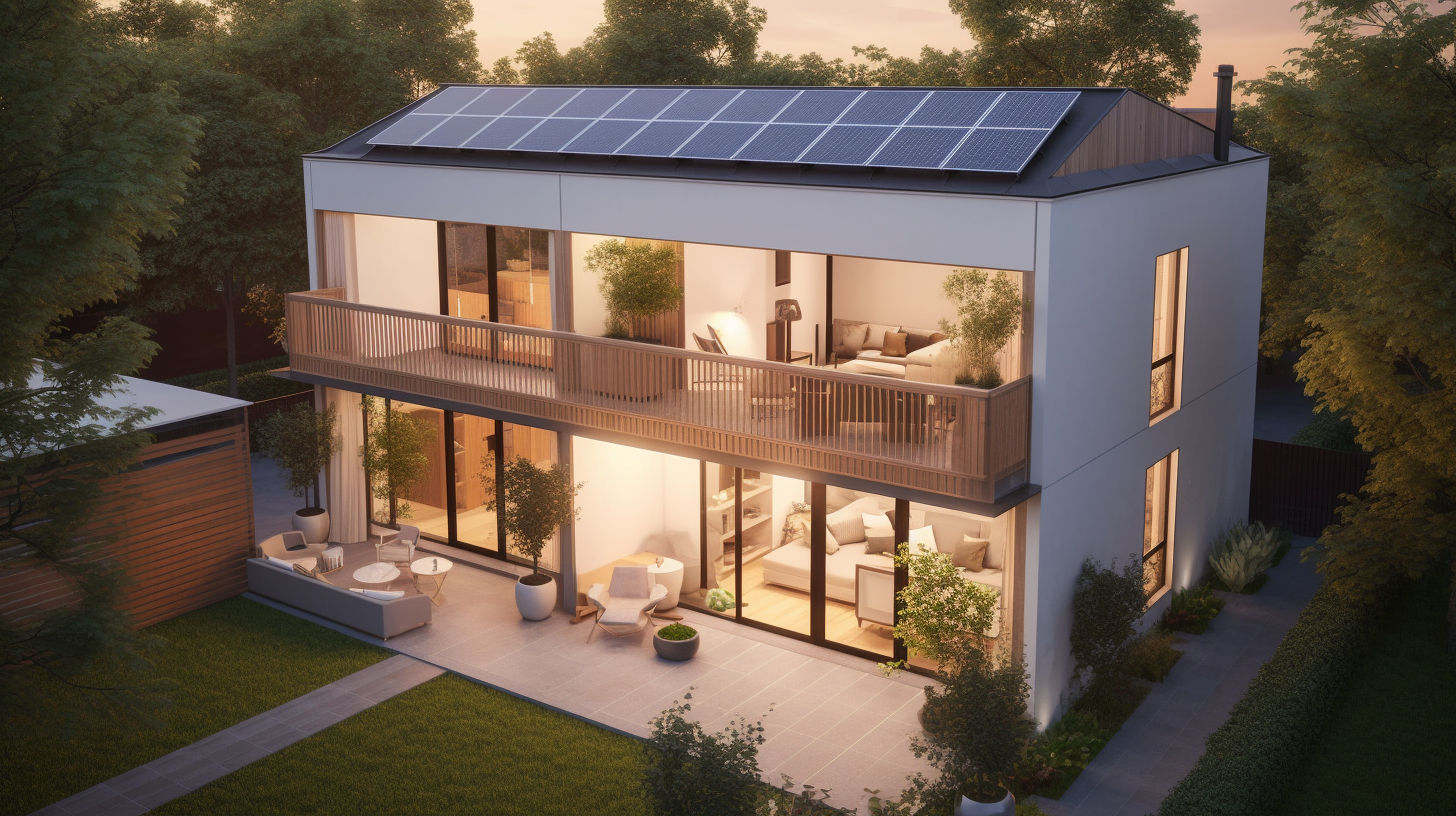TECH TRENDS
Efficiency vs. Complexity:
the Pros and Cons of Modular Data Centers
The design and operation of data centers are not a one-size-fits-all solution. In the quest for an optimal data center, the debate between efficiency and complexity is paramount. In this article, we will explore the advantages and drawbacks of modular data centers, shedding light on the efficiency and complexity of this innovative approach to data center design.
Getting to Know Modular Data Centers
Modular data centers are a new twist on traditional data center design. They're made up of prefabricated modules, each with their own cooling, power, and IT equipment. These modules are built in a controlled environment (usually at the manufacturer's facility) and then brought to the deployment site. This approach offers some exciting advantages along with its own set of challenges.
Electric vehicles have swiftly gained popularity due to their multitude of benefits:
The Pros of Modular Data Centers
- Scalability and Flexibility: Easy to Grow: Modular data centers can grow with your needs. When you need more computing and storage, you can simply add new modules. It's like building with digital Lego blocks.
- Cost-Efficiency: Save on Time and Money: Prefabricated modules reduce construction time and labor costs. In the long run, this can lead to substantial savings compared to traditional data center construction.
- Reliability: Built to Last: Modules are made in a controlled environment, which means they come out consistent and reliable. No surprises.
- Rapid Deployment: Quick to Get Going: Modular data centers can be set up quickly, so you can get things up and running faster. That's a game-changer in fast-paced business settings.
The Cons of Modular Data Centers
- Initial Complexity: Making It All Work Together: The first-time setup of multiple modules can be complicated and needs a lot of planning and coordination.
- Higher Upfront Costs: Investment at the Beginning: While modular data centers can save you money in the long term, you might need more money upfront for the manufacturing and transportation of modules.
- Space Requirements: Need Room for the Modules: You need the space to fit these modules, and that might not be possible in all locations.
- Maintenance Complexity: Individual Care: Each module might need its own kind of maintenance, which can be more complicated compared to one big, central data center.
Finding the Right Balance
The decision to opt for modular data centers should be guided by a careful consideration of an organization's unique needs. While they offer impressive scalability, cost-efficiency, and rapid deployment, these benefits come with the trade-off of initial complexity, higher upfront costs, and space requirements.
Ultimately, striking the right balance between efficiency and complexity is key to harnessing the full potential of modular data centers. Organizations should assess their specific requirements, existing infrastructure, and long-term goals to make an informed decision.
In conclusion, modular data centers are a compelling solution in the ongoing debate between efficiency and complexity. They offer an adaptable, cost-effective, and reliable approach to data center design. However, their implementation should be approached thoughtfully to ensure they align with an organization's objectives and resources.
